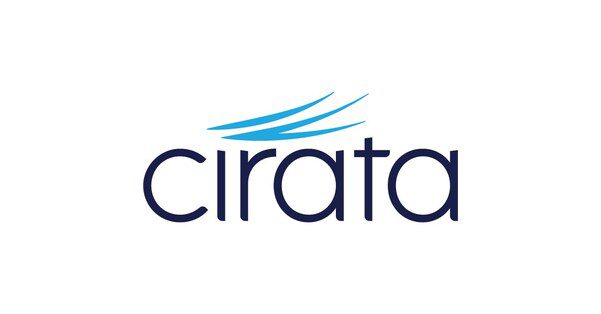- Cirata releases Data Migrator 2.5 with native integration to Databricks Unity Catalog, enhancing data governance and access control.
- Databricks Unity Catalog offers unified governance for data and AI across cloud platforms.
- Integration enables quicker data operations and modernization in the cloud.
- Cirata Data Migrator automates large-scale data and metadata transfer to cloud storage and databases.
- Users can now select Databricks agent and utilize Unity Catalog with Databricks SQL Warehouse.
- Enhanced collaboration between Cirata and Databricks builds upon previous integrations, simplifying metadata and data migration.
- Cirata Data Migrator ensures seamless data transfer with zero disruption and risk of data loss.
Main AI News:
In a strategic move to bolster its collaboration with Databricks, Cirata unveils the latest iteration of Cirata Data Migrator 2.5, now featuring seamless integration with the Databricks Unity Catalog. This enhancement signifies a pivotal step towards streamlining data governance and access control capabilities, thereby expediting data operations and enhancing business value delivery for enterprises.
The Databricks Unity Catalog serves as a comprehensive governance layer for data and artificial intelligence (AI) within the Databricks Data Intelligence Platform. This integration empowers organizations to effectively manage structured and unstructured data, machine learning modules, notebooks, dashboards, and files across diverse cloud environments.
By leveraging the Databricks Unity Catalog, Cirata Data Migrator facilitates the execution of analytics tasks promptly and facilitates data modernization in the cloud. This integration harnesses the full spectrum of Unity Catalog’s functionalities, including robust data operations, access control mechanisms, and enhanced search capabilities. Consequently, Cirata Data Migrator automates the seamless transfer of data and metadata from existing data lakes to cloud storage and database targets, ensuring uninterrupted operations even during source system modifications.
With Cirata Data Migrator 2.5, users gain the flexibility to designate the Databricks agent and specify the utilization of Unity Catalog with Databricks SQL Warehouse. This empowers data science and engineering teams to optimize their data assets while leveraging their preferred metadata technology within the Databricks ecosystem.
Siva Abbaraju, Go-to-Market Leader, Migrations at Databricks, expressed enthusiasm about the seamless integration, emphasizing its potential to unlock new levels of productivity and business value for enterprises. Paul Scott-Murphy, Chief Technology Officer at Cirata, echoed this sentiment, highlighting the customer-centric benefits of the native integration with the Databricks Unity Catalog.
This expanded collaboration between Cirata and Databricks builds upon previous product integrations, further solidifying their commitment to simplifying metadata and data migration processes. By eliminating the complexities associated with data transformation and pipeline construction, this integration empowers enterprises to harness data insights rapidly and efficiently, driving tangible business outcomes.
Cirata Data Migrator stands as a testament to innovation in data management, offering a fully automated solution for Hadoop data transfer and integration. By seamlessly facilitating the migration of on-premises HDFS data, Hive metadata, and cloud data sources, Cirata Data Migrator enables enterprises to navigate data migration challenges with minimal disruption and zero risk of data loss, underscoring its significance in today’s data-driven landscape.
Conclusion:
The seamless integration between Cirata and Databricks, facilitated by Cirata’s Data Migrator 2.5, marks a significant advancement in data management solutions. By combining robust data governance capabilities with streamlined data operations, this collaboration empowers enterprises to unlock the full potential of their data assets. This integration not only accelerates data operations but also underscores the growing importance of unified data governance in driving business value in today’s competitive market landscape.

